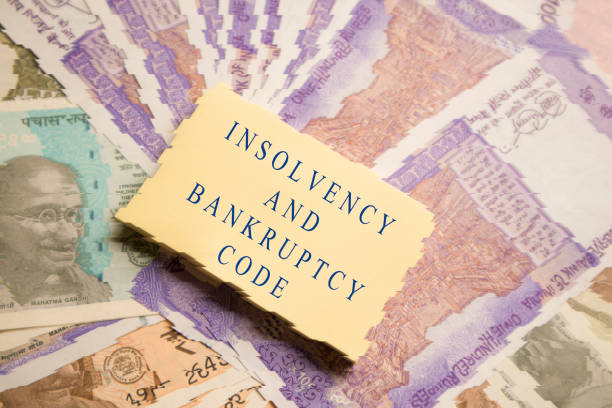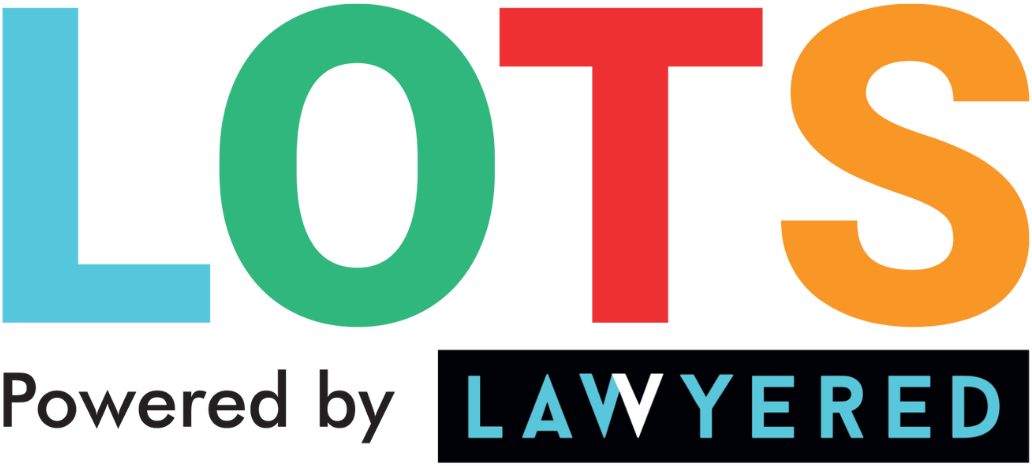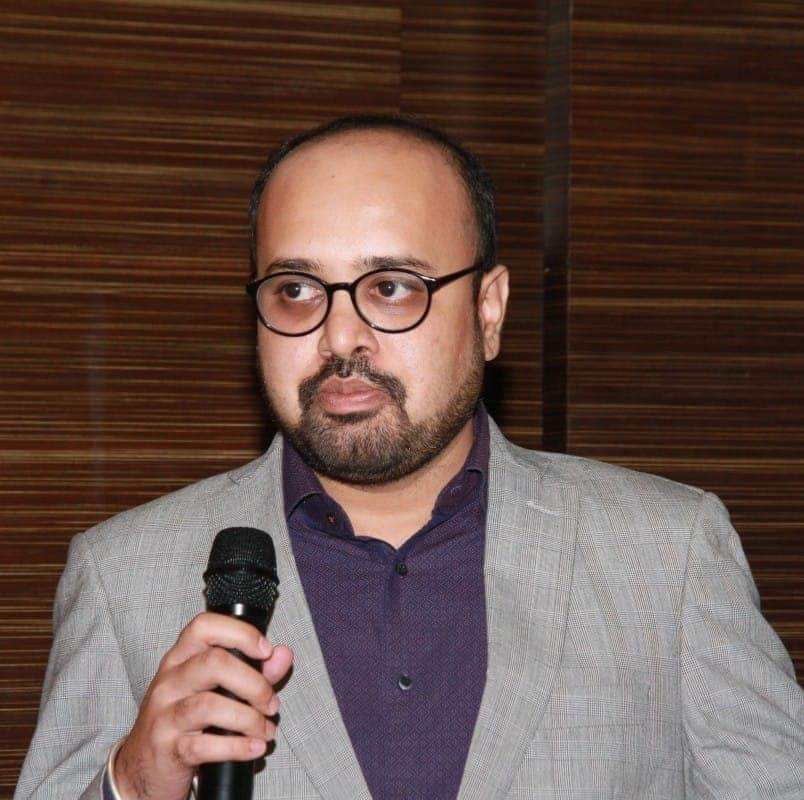Critical analysis of the clean slate judgments under IBC

CRITICAL ANALYSIS OF THE CLEAN SLATE JUDGMENTS UNDER IBC
The timely resolution and regeneration of corporate debtors is one of the main goals of the Insolvency and Bankruptcy Code, 2016 (the "Code"). Different resolution proposals are invited for this reason, and they are discussed before a final one is chosen. However, what if even after the passing of the final resolution proposal, the claim of the corporate creditors like government or statutory authorities remains unpaid? What if the resolution professional was negligent regarding the liabilities? Will the applicant for the successful settlement be obligated to pay for those liabilities? In order to understand the answer to these sets of questions, first we need to understand what is the theory behind clean slate? How is it related to the claims filed by the un-satisfied creditors after the successful approval of the final resolution plan?
Clean Slate Theory: The CIRP ( Corporate Insolvency Resolution Plan) initiated under the IBC, 2016 aims to revive the corporate debtor. The process involves the filing of the application before NCLT which marks the beginning of the CIRP Process. The Interim Resolution Professional(IRP) is appointed to take over the company’s management and moratorium sets in. A classification and verification of the creditors takes place and the Committee of creditors(COC) is formed. This Committee appoints the Resolution Professional and a draft of the resolution plan is filed by the interested parties. The draft has to be approved by COC by not less than 75% and files before the court for the approval. As the court approves the Resolution Plan, the same is acted upon for the distribution of the assets amongst the creditors which has the effect of the revival of the corporate debtor after the shrugging of his all debts. After the process is over, the company is expected to start as a “Clean Slate”, which means to start afresh.
However, the first question of law has been raised upon the clean state theory in the case of Ghanshyam Mishra vs. EARC & Ors.,SLP No. 11232 of 2020 that whether a creditor can file a lawsuit for the portion of a claim that has not been paid and is not covered by the approved resolution plan after the Resolution Plan has been finally accepted by the NCLT? This legal issue is significant because, if the Creditors are permitted to file a lawsuit for the unpaid portion of their claims that are not covered by the Final Resolution Plan, the Insolvency and Bankruptcy Code of 2016's main goal—and more specifically, the Clean Slate principle—would be defeated. NCLT and NCLAT gave their approval to the Resolution Plan but NCLAT gave some liberty to the class of creditors to file for their unpaid claims.
The Supreme Court intervened after the appeal was filed for taking up the issue. The Court’s view was that the Resolution Plan has legal bindingness. It made reference to the decision in the case of Essar Steel v. Satish Gupta & Orsjudgment dated 15.11.2019 in Civil Appeal No. 8766-67 OF 2019 which said that a Resolution Applicant cannot be traumatized later on by being surprised by pending claims and "hydra heads sprouting up later" after the Resolution plan has been approved. The Clean State Theory was crystallized in this case. Additionally, it was decided that all parties are subject to Section 31(1) IBC requirements.
In the case of Ultratech Nathdwara Cement Ltd v Union of India, Writ Petition No. 9480/2019, it was held that the Statutory Departments like the Indirect Tax and the Government of Rajasthan disputed the Resolution Plan presented by Resolution Applicant, Ultratech, on the grounds that their Statutory Dues were significantly lowered in the Resolution Plan. The plan was approved by the Adjudicating Authority. In the Writ Petition filed before the High Court of Rajasthan the petitioner's contended that the Statutory Departments should support the revival of the Corporate Debtor and allow it to start again with a new slate so that it might later contribute to the Public Exchequer in the form of taxes.
Critical Analysis of the Ghanshyam Mishra vs. EARC & Ors:
The judgment discussed Section 31 of the Code which states that an approved resolution plan is binding on all parties involved in the resolution plan and provides strong support for the "clean slate" approach. In Spite the discussion of the bindingness of of the resolution plan after the approval, the same has been again considered in the amendment brought about in The Insolvency and Bankruptcy Code (Amendment) Act of 2019 which binds "Central Government, any State Government, or any Local authority" to the successful resolution plan. The particular amendment went ahead on discussing the retrospective effect of the notification and the clarificatory nature of the same.
With the mention of bindingness of the resolution plan in the judgement, the amendment in the act was not initially necessary as under section 31 a successful settlement plan already binds "creditors." The Central Government, State Governments, and municipal governments are already included under the definition of "creditor."
The Insolvency and Bankruptcy Code (Amendment) Act of 2020 added section 32A to the Code, which stated that once a resolution plan is approved, a corporate debtor cannot be held accountable for any offence committed before the start of CIRP. This provision is another example of the "clean slate theory" in action. In the case of Manish Kumar vs. Union of India, the Supreme Court upheld the constitutionality of the section and emphasised on“ making a clean break with the past and starting on a clean slate”.
In view of the rising number of situations where creditors have enhanced their claims after a resolution plan has been approved, judgement is of utmost importance. Definitely, this will aid in safeguarding the interests of successful resolution applicants.




Sophie Asveld
February 14, 2019
Email is a crucial channel in any marketing mix, and never has this been truer than for today’s entrepreneur. Curious what to say.
Sophie Asveld
February 14, 2019
Email is a crucial channel in any marketing mix, and never has this been truer than for today’s entrepreneur. Curious what to say.